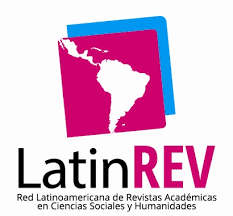The Fabrics' Route, an alternative to teach, preserve and value the cultural heritage of the country.
Keywords:
Crafts, Tourism, Culture, Heritage, Women, IdentitiesAbstract
This work deals with the creation of "Fabrics' Route". This approach is due to the fact that in Paraguay there are no circuits focused directly on knowing the cities that make the typical fabrics of the country, besides providing to the craftswoman a space in which she can expose her reality, sharing her adventures in her work , and exhibiting their works. The purpose of this work is to achieve a space for learning and knowledge for the visitor / tourist about what it takes to produce a handmade product and thus give it the value it deserves, as well as benefit the host community with a different activity from the traditional one in area. This work was achieved through the collection of bibliography and field research, the universe being Asuncion and Gran Asunción, tourists who entered the country in 2016 and the host community of the following cities: Itauguá, Carapeguá, Piribebuy and Yataity del Guairá, with the application of surveys. The investigation showed that most of the people surveyed were willing to create this route, to alleviate sociocultural aspects that affect the populations involved, mainly the loss of the sense of belonging of the inhabitants towards their community.
Downloads
Published
How to Cite
Issue
Section
License
The Editorial Committee of the Journal reserves the right to introduce formal modifications necessary to adapt the text to the publication standards, for this reason, the digital version of the article presented must be modifiable.
Once published, the printing and reproduction rights belong to the Publisher. It is optional for the Editor to allow the reproduction of the article. In this way, it works with the Creative Commons 4.0 license, which deals with non-commercial recognition, share alike.






